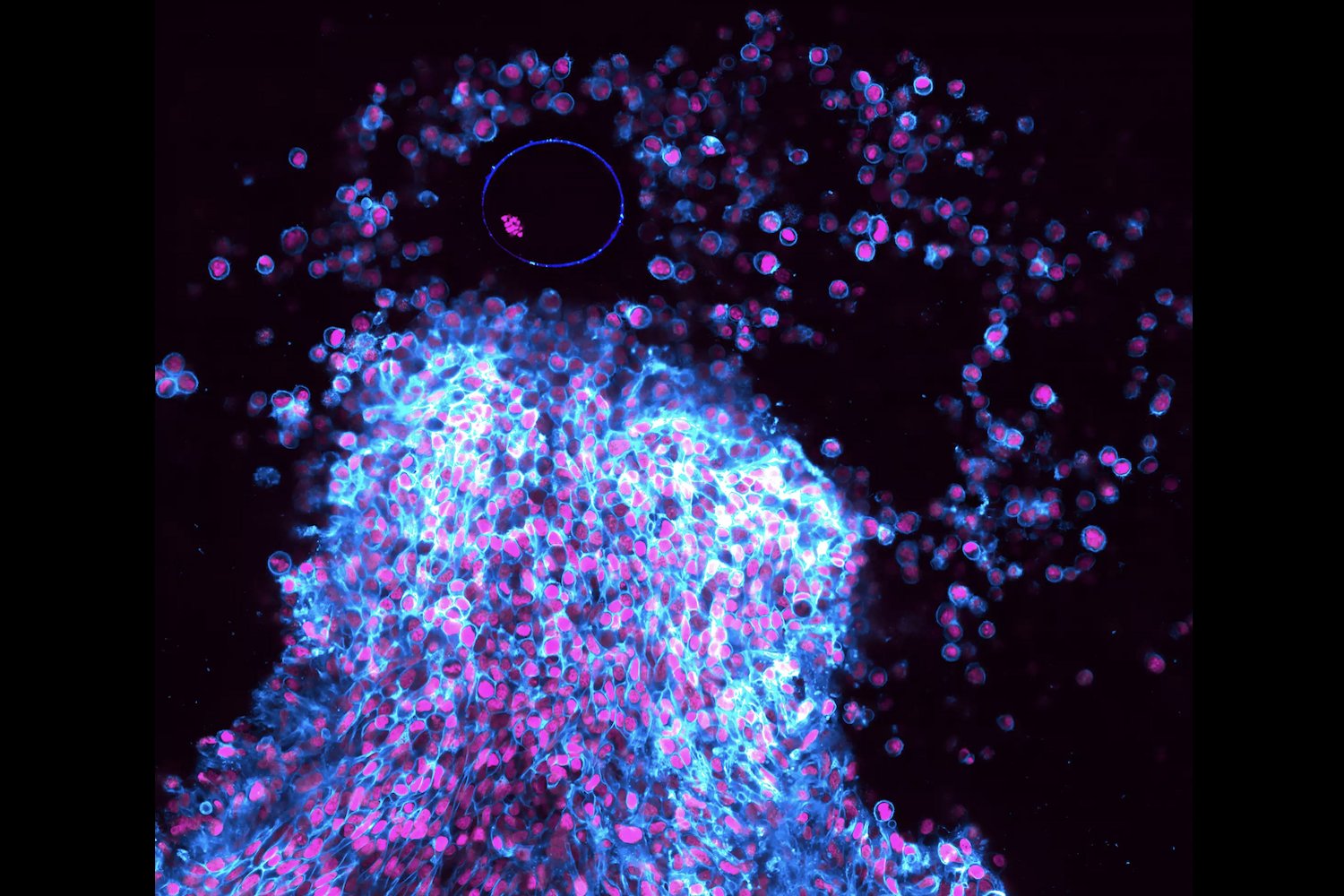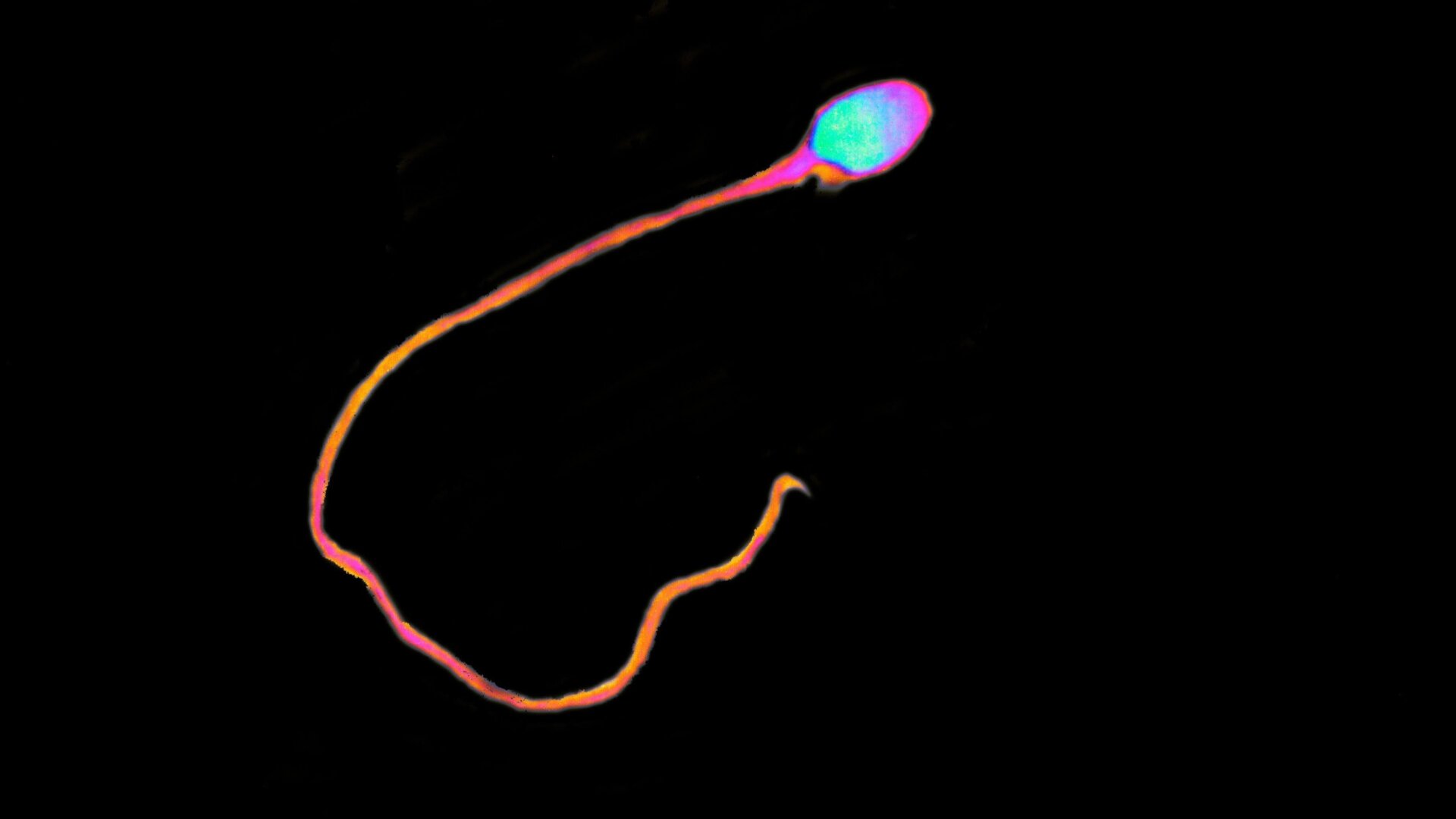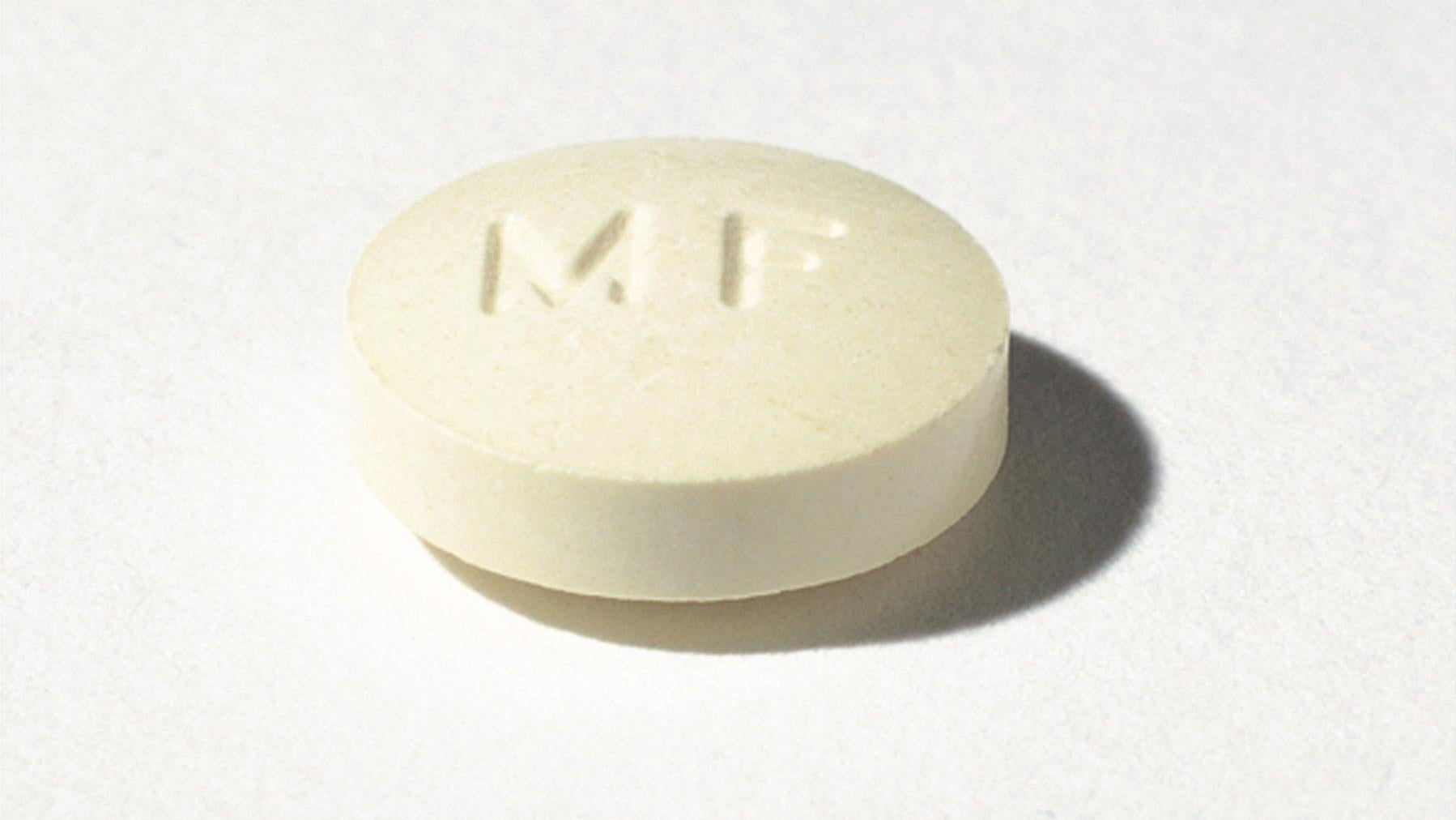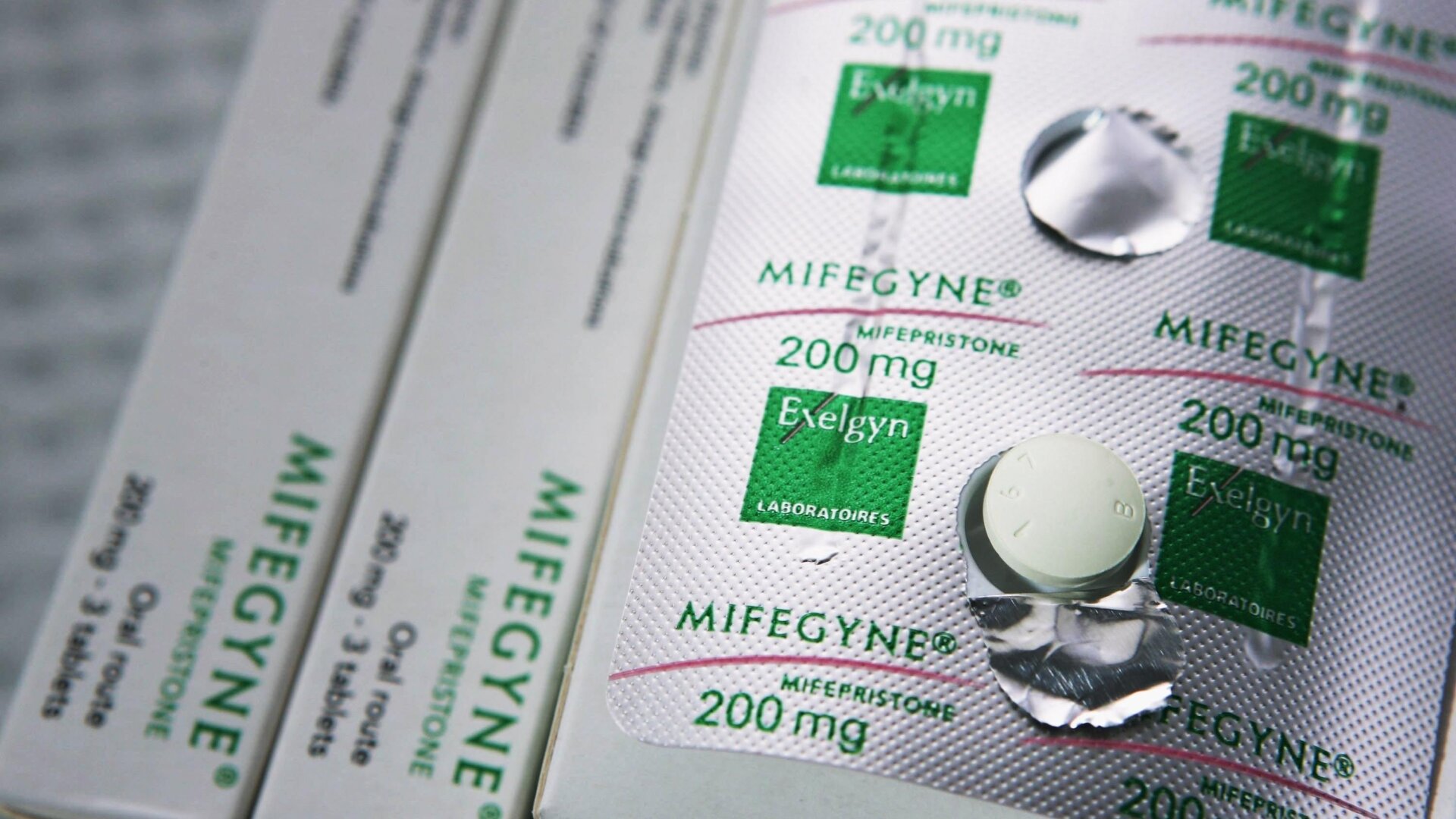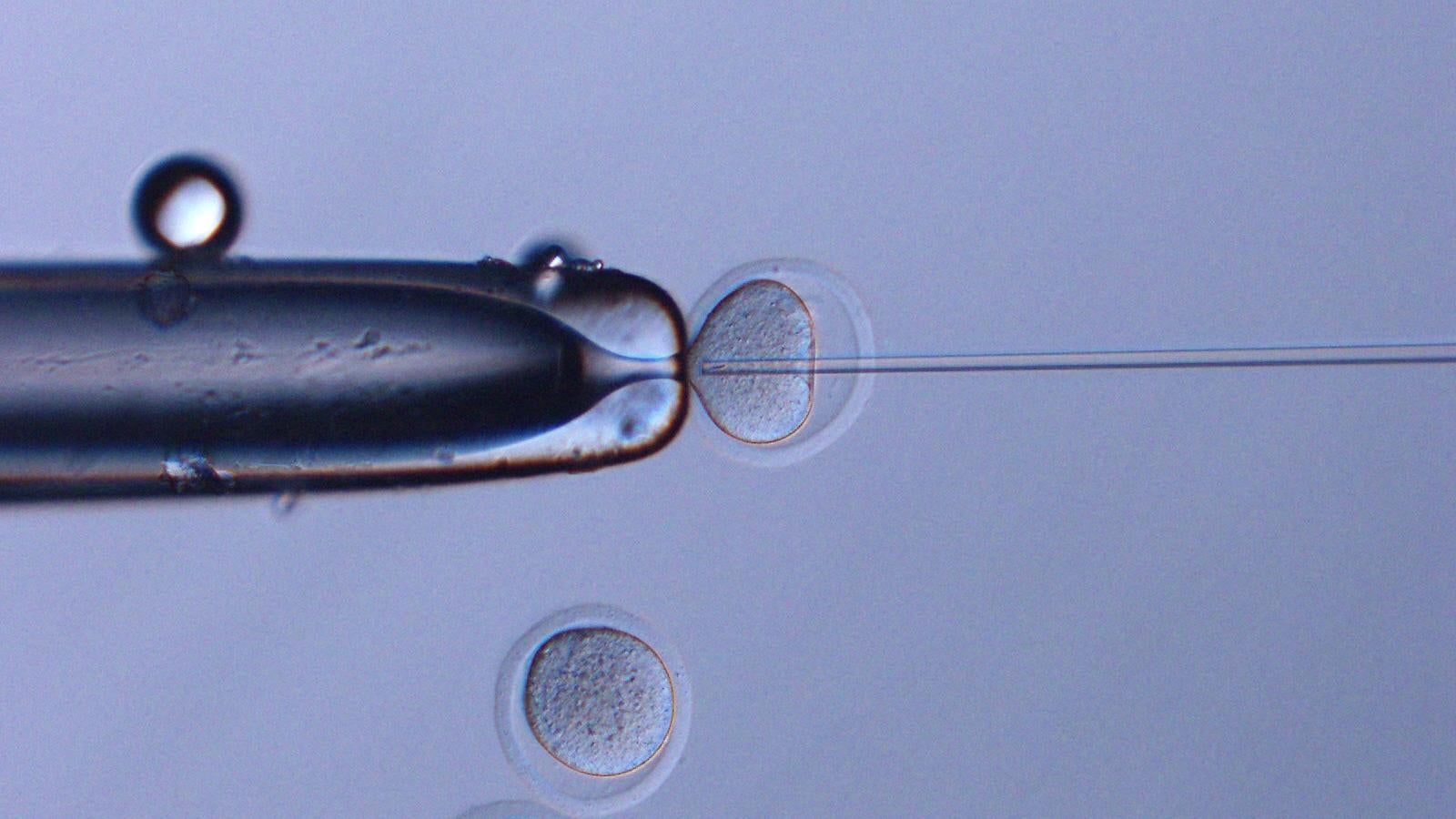-
 ScienceHealth
ScienceHealthA Major Study on How Sperm Move Has Been Retracted
A study that claimed to overturn our understanding of how sperm moves has now been retracted. The research had suggested that sperm cells propel themselves forward through complex spins that created an optical illusion of them only swishing their tails back and forth under a microscope. The authors now agree that their conclusions can’t be … Continued
By Ed Cara -
 EartherConservation
EartherConservationLet’s Chill a Bit About the Plastic-Driven Sperm Count Apocalypse
A rash of sensational headlines in recent months have warned of a rising infertility crisis in men as sperm counts plummet. Some outlets have claimed that plastics are behind the great sperm dieoff. But it turns out the truth about fertility could be much more complicated. Researchers have suspected since the early 1990s that human sperm … Continued
By Molly Taft -
 ScienceHealth
ScienceHealthBirth Control Apps Are Great If You Want to Get Pregnant
Earlier this month, popular period-tracking app Clue announced it had received FDA clearance for a digital birth control feature in its app. Now, per a Verge report, Natural Cycles, the other FDA-cleared birth control app, is pissed because of how the FDA granted that clearance, sparking some beef between the two apps. Meanwhile, I’m sitting … Continued
-
 ScienceBiology
ScienceBiologyThe World Is in the Middle of a Twin Boom, Study Finds
Across the globe, the rate of twin births has jumped tremendously over the past 40 years, new research suggests. The study’s authors say that twin births have likely reached an all-time high, thanks largely to the use of medically assisted reproduction, such as in-vitro fertilization, along with more pregnancies in older mothers. Other studies have … Continued
By Ed Cara -
 Tech NewsNews
Tech NewsNewsApps Are Birth Control Now
Exhausted and disoriented, I arrive tempest-tossed on the shores of our dystopia to tell you the good news: Apps are birth control now. On Monday, the period-tracking app Clue announced that it had received clearance from the FDA to launch a digital birth control function that will use statistical modeling to closely track users’ menstrual … Continued
-
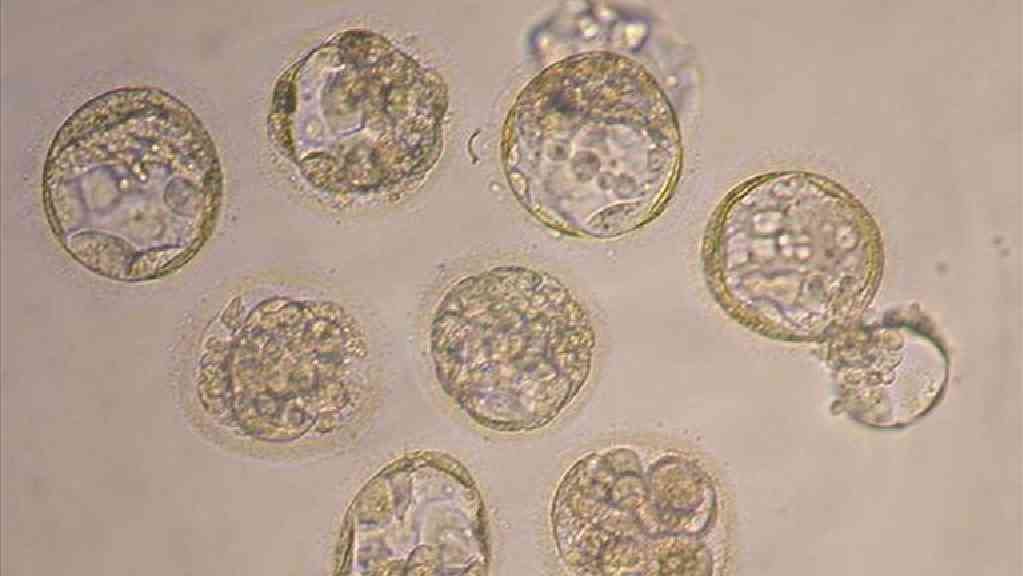 ScienceHealth
ScienceHealthThe ‘Time Has Come’ to Extend Human Embryo Research From 14 to 28 Days, Argues Bioethicist
A decades-old rule, in which research scientists are forbidden to experiment on human embryos beyond the 14-day mark, is being challenged by a British bioethicist, who says the rule is outdated, arbitrary, and an unnecessary impediment to scientific progress. By extending the 14-day limit to 28 days, scientists will be better able to prevent miscarriages, … Continued
